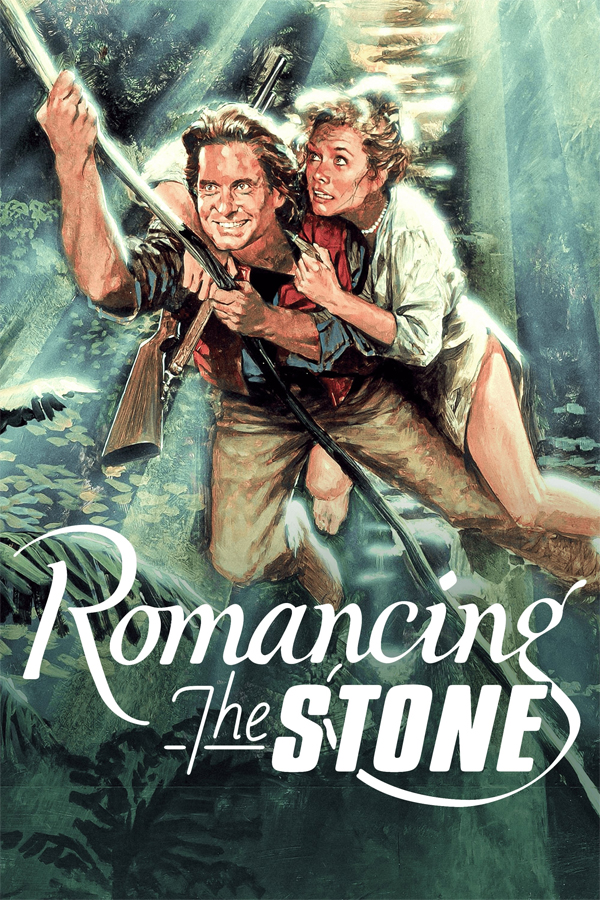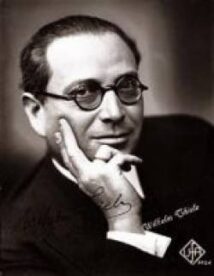Wilhelm Thiele was born on May 10, 1890 in Vienna, Austria-Hungary [now in Austria]. He was a director and writer, known for The Madonna's Secret (1946), Madame hat Ausgang (1931) and Das Totenmahl auf Schloß Begalitza (1923). He died on September 7, 1975 in Woodland Hills, Los Angeles, California, USA.Thiele got his start in Austria and Germany but never achieved the same level of fame in the U.S. as he had overseas. He is credited with giving actress Dorothy Lamour her big start in movies.
Children: John, Fred, Doris
Thiele acted on stage from 1909. He took part in entertaining troops in revues during World War I. Subsequently directed for the theatre, films from 1923. Specialised in comedies, best known for Three from the Filling Station (1930), the most successful German film of its year. Left Germany after the Nazi takeover, by the mid-1930's directing second features in Hollywood.
His career in Germany came to an abrupt end because as a Jew he was no longer able to work there. He went to England where he shot the movie "Waltz Time (1933) and later to Austria where he realised the movie "Grossfürstin Alexandra" (1933) and then to the USA.
He realised productions in the 50s like the serial "The Lone Ranger" (54-55) and the serial "Cavalcade of America" (52-57).
In the 1950s, he worked as a director in American television.
The transition to the sound film was no problem for him and he shot again successful comedies like "Liebeswalzer" (1930) and the classic "Die Drei von der Tankstelle" (1930).
Twice he directed Tarzan films with Johnny Weissmuller, one of the films was a propaganda film against the Third Reich.
Besides his activity as a director Wilhelm Thiele wrote numerous screenplays.
After World War I he continued his stage career in Munich where he realised several plays as a director.
His brother was the director Eugen Thiele.
He came back to Germany in 1960 where he directed his last two movies with "Der letzte Fussgänger" (1960) and "Sabine und die hundert Männer" (1960). Afterwards he returned to the USA but did not shoot movies again.
In 1949 he moved as one of the first directors to the new medium, television.
After a musical education at the conservatory of Musikfreunde and an acting education at the Burgtheater he made his stage debut in Karlsbad in 1909. It followed an engagement in Stuttgart before he joined the army during World War I where he realised revues for the troops.
He joined the film business as a movie director in 1921.
He mostly made B-Pictures, but is credited with giving actress Dorothy Lamour her big start in movies with The Jungle Princess (1936).

